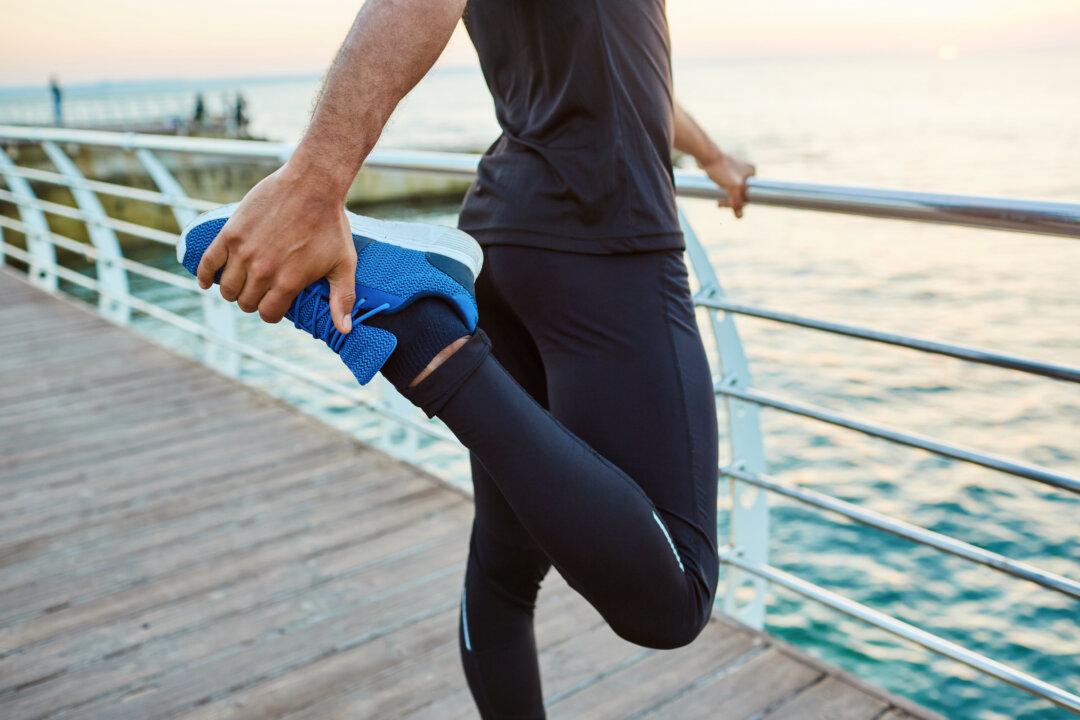It’s generally believed that intestinal bacteria are closely related to our diet, but research has found that high intestinal bacteria diversity and having a large number of beneficial bacteria are also related to exercise. According to gut bacteria experts, doing aerobic exercise correctly can improve the gut microbiome.
When you get out of the house and go jogging in the park, your gut bacteria may have started to change for the better, even if you don’t take extra probiotics.





